How can sales professionals effectively address and alleviate customer fears?
[752] Asking for the Sale
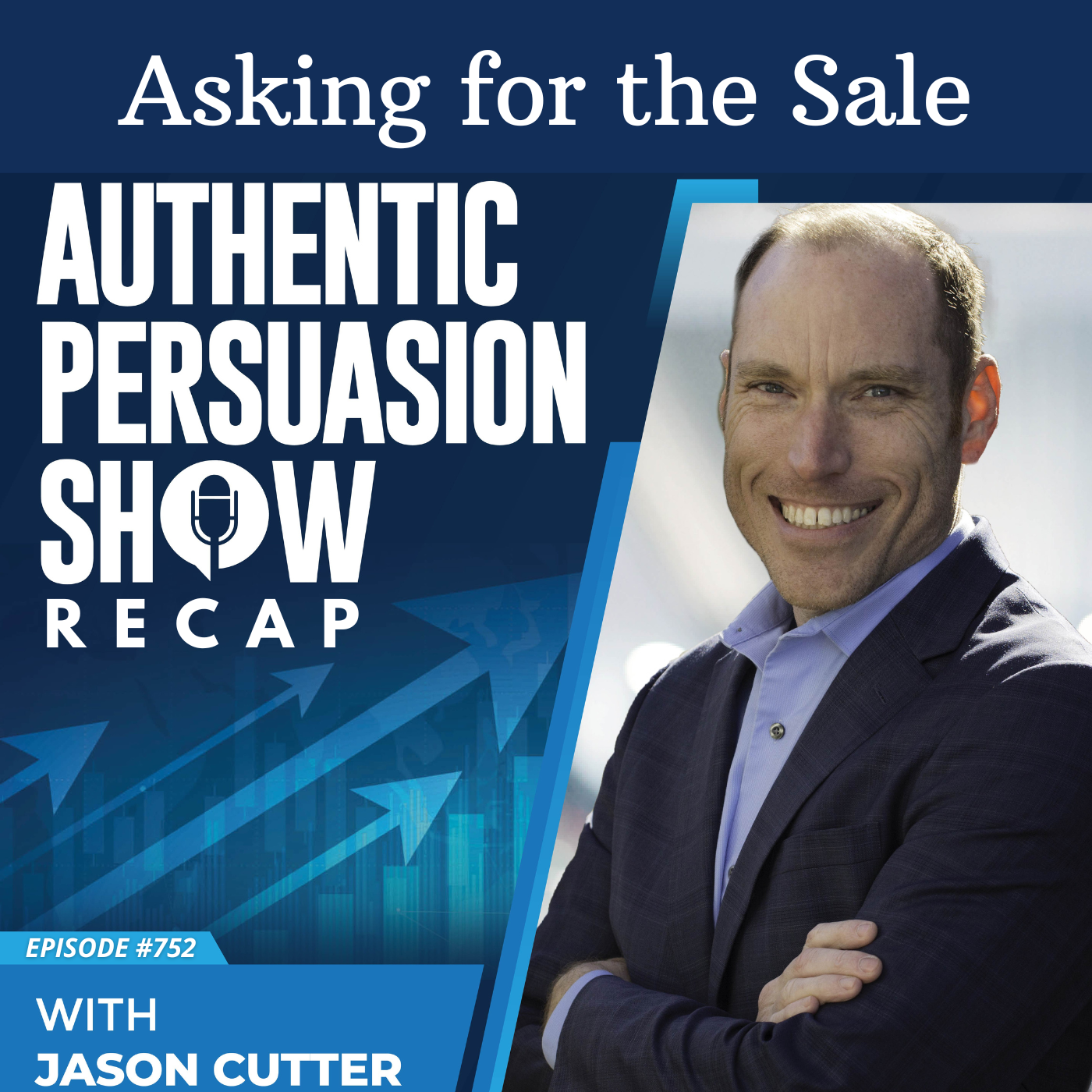
How can sales professionals effectively address and alleviate customer fears? What are some practical ways salespeople can create a sense of safety for their clients?
Sales is no longer about transactions but about interactions. Understand your customer's fears and work to alleviate them, employing the SAFE method—Successful At Fear Elimination.
This is an excerpt from one of my training sessions where I talked about some important closes that you should be using in sales.
Join me as I explore why truly effective salesmanship looks less like pushing for a sale and more like guiding a client to a safe, confident decision.
Get started with Selling With Authentic Persuasion for free
If you are a salesperson – get SWAP
If you are a sales leader – let’s get your team trained on the new era of sales
Subscribe to the YouTube channel
Follow Jason on
LinkedIn
-
View full transcript
 Button
ButtonJason:
When sales is done in a certain way, specifically what I found to be wildly successful, which is using the authentic persuasion pathway, again in whatever framework you're selling, whether it's b two b b two c, short sales cycle, long sales cycle, one call, close enterprise level to a business, to a consumer, doesn't matter. It's all about human to human. No matter what. Your job is to help a confused, worried, scared, excited person make the right decision for them and help them feel safe. And remember I mentioned this weeks ago, safe, S a F e is an acronym that I use meaning successful at fear elimination. Your job is to help them be safe, feel safe, that what they're going to do and what they're going to buy and what they're choosing is the right thing for them. So your job is to help them be successful at fear elimination. And that is your job, that is your duty to help them move forward.
Jason:
When it comes to closes, a lot of times I debate the fact that people, salespeople, trainers, gurus, other people, teach that you should use some closes, that you should ask for the sale, that the reason that most people aren't successful in sales is because they're not asking for the sale. They're not saying, hey, is this something you're interested in buying? Would you like to buy this today? Where I think that's correct. There's a lot of people who could be more successful in sales if they ask for the sale, especially people who are acting and operating more like order takers, where they're hoping someone wants to buy. They're hoping they trigger enough initiative and excitement in the other person or trust and value that that other person, that prospect, that lead, sees the value in it for themselves and says hey, I would like this. How do I sign up? That's what most of us in sales are always hoping for. But hope is a dangerous thing. It's a bad strategy for long term success in sales. And the key is that some people teach asking for the sale, asking to get them to buy, asking if they want to move forward.
Jason:
I under most circumstances disagree that that is the tactic that you should take, especially if you want to act as a sales professional. Right. And the biggest key, and im going to use this analogy, ive used it before. Every time I say it makes me laugh at the thought of it is lets look at an example. I want to give you an analogy of what happens in another profession, and I mention this one all the time because I think its very important, which is in the medical profession. So let's imagine that you have broken your arm. Right? So you broke your arm. Next thing you know, you're going to the emergency room.
Jason:
You're waiting there. They finally get you in. The doctor and the medical staff does their process, right? So they do x rays, they do exams, they're doing tests, they're doing all these things. Then they come back, right? Right. With the diagnosis. It says, your arm is broken. Obviously, you already knew that. Here's what happened.
Jason:
You have this kind of a fracture. We're going to need to re break it because it's already started healing. We need to reset it to the right place. We need to put in some pins and plates and screws, and then we need to put a cast on it. And then the doctor says, here is a brochure on spiral fractures. Here's a brochure on plates and pins and screws and everything you need to know about that. Um, if you'd like, I can send you a follow up email with some information so you can do some research. I'm sure there's some people that you need to talk to.
Jason:
Um, you know, and here's my card. So let me know if this is something you would be interested in. Oh, and by the way, if you do this by the end of the month, uh, we're doing a discount, so I can do it for 10% off, right? Like, that's ridiculous. You imagine if the doctor said that. Now imagine if the doctor said, try this. This is scenario number two, where the doctor says, all right, so arm is broken, plates and screws. Got to put a cast on it. Is this something that you would like to get taken care of today? Imagine if they said that, right? That in and of itself also seems and feels ridiculous that they would say that.
Jason:
And why is that? Why does that feel so off? Well, it's because you have gone there with the desire to fix a problem. They have identified that problem. They've given you the diagnosis, they've given you the prescription, and now you just want that solution. That's why you're there. And of course, they took an oath that says that they will not cause undue harm. That's one part of the hippocratic oath. And so based on that, they know that their role is to not cause you undue harm. And letting you walk out in pain would be a personal and professional failure in their minds.
Jason:
Right. The doctor that has taken this seriously as a professional would see that as failure. So they're not going to ask you. But that's the thing. That's what I'm talking about where sales coaches and trainers and the advice and people out there is ask for the sale. Right? Ask. Is it. Would you like to get your arm fixed today? Is that something you're interested in? Would you like to move forward with getting your arm fixed? Of course I want to get my arm fixed.
Jason:
Do you have any questions before we begin? Is a different approach, but would you like to do that? Uh, we've noticed that you have a tumor. Would you like to get that tumor removed? Should we, should we move forward with that? Like, that is, of course, a ridiculous example.
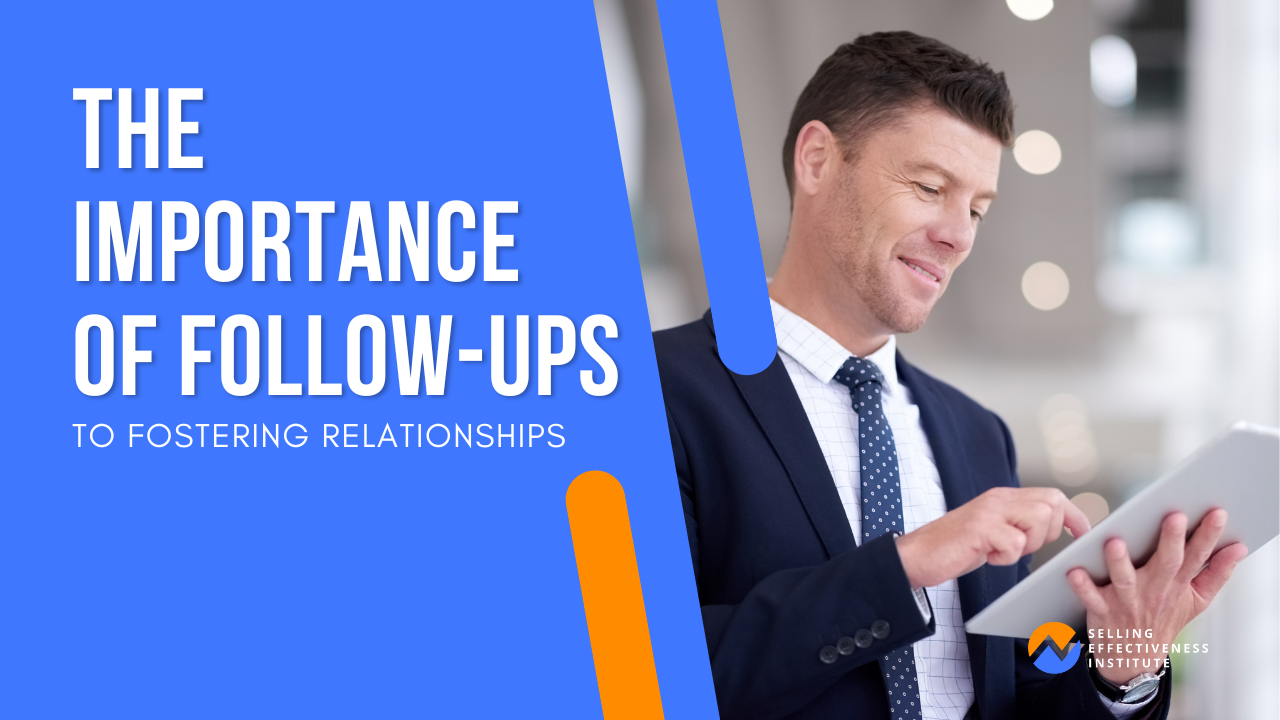
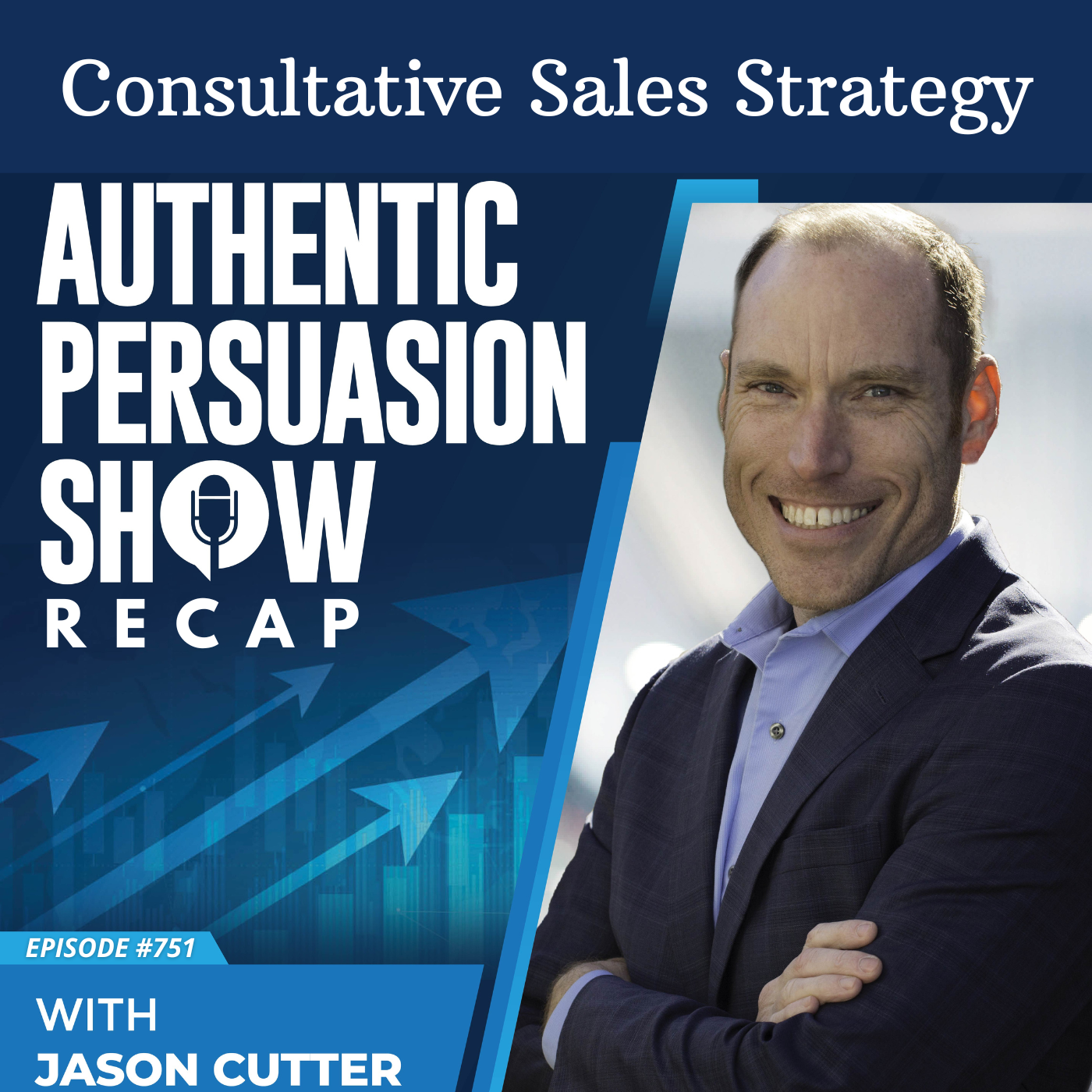
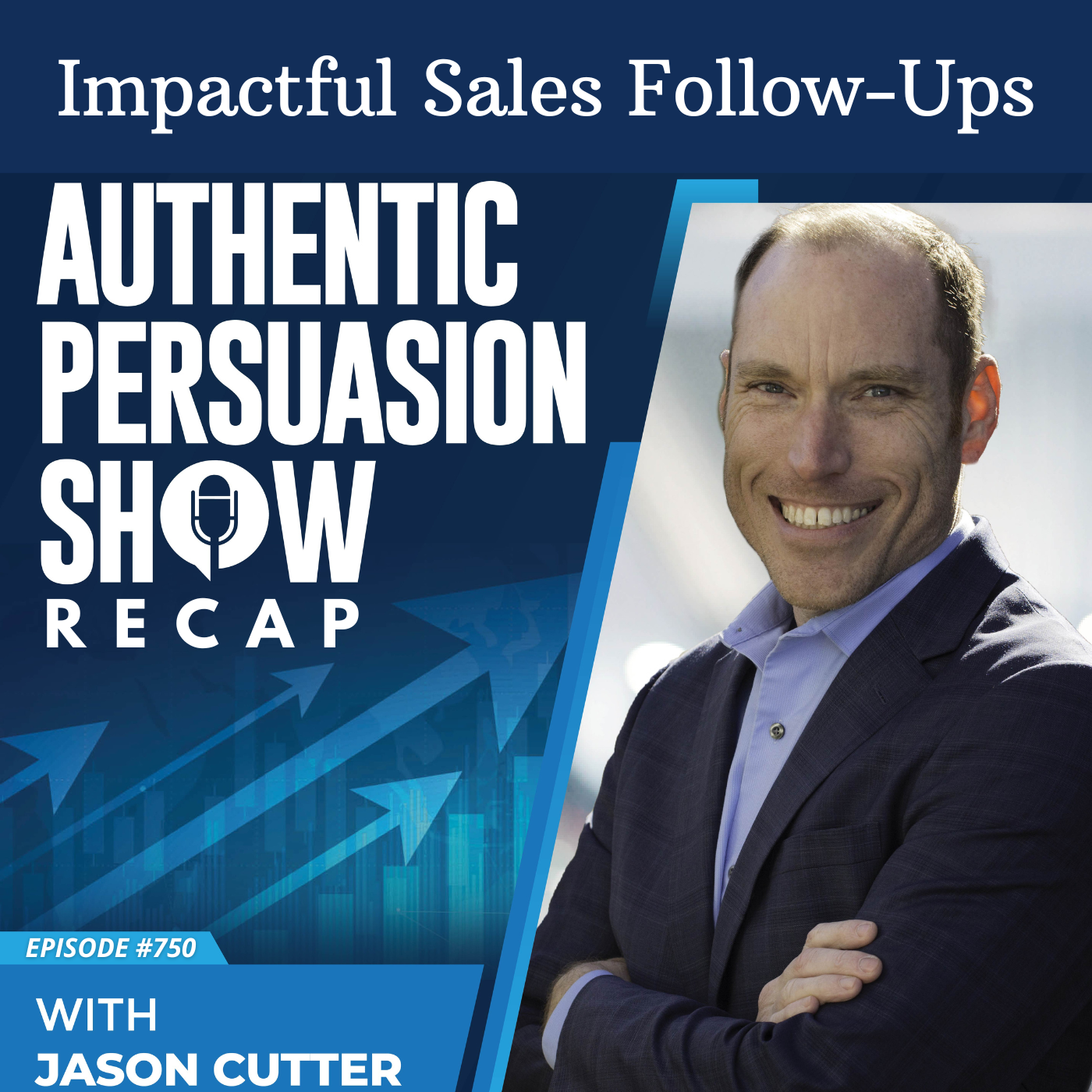
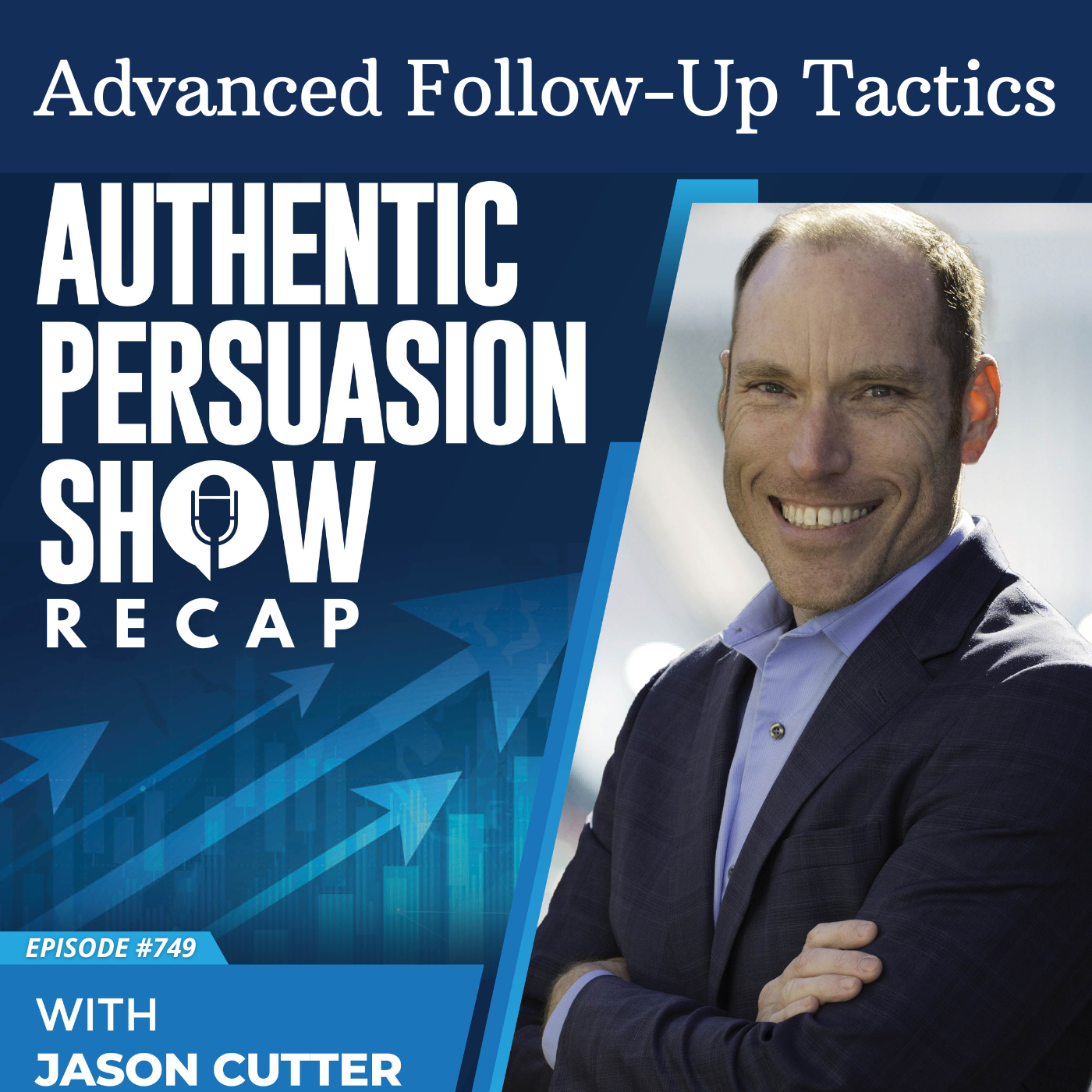
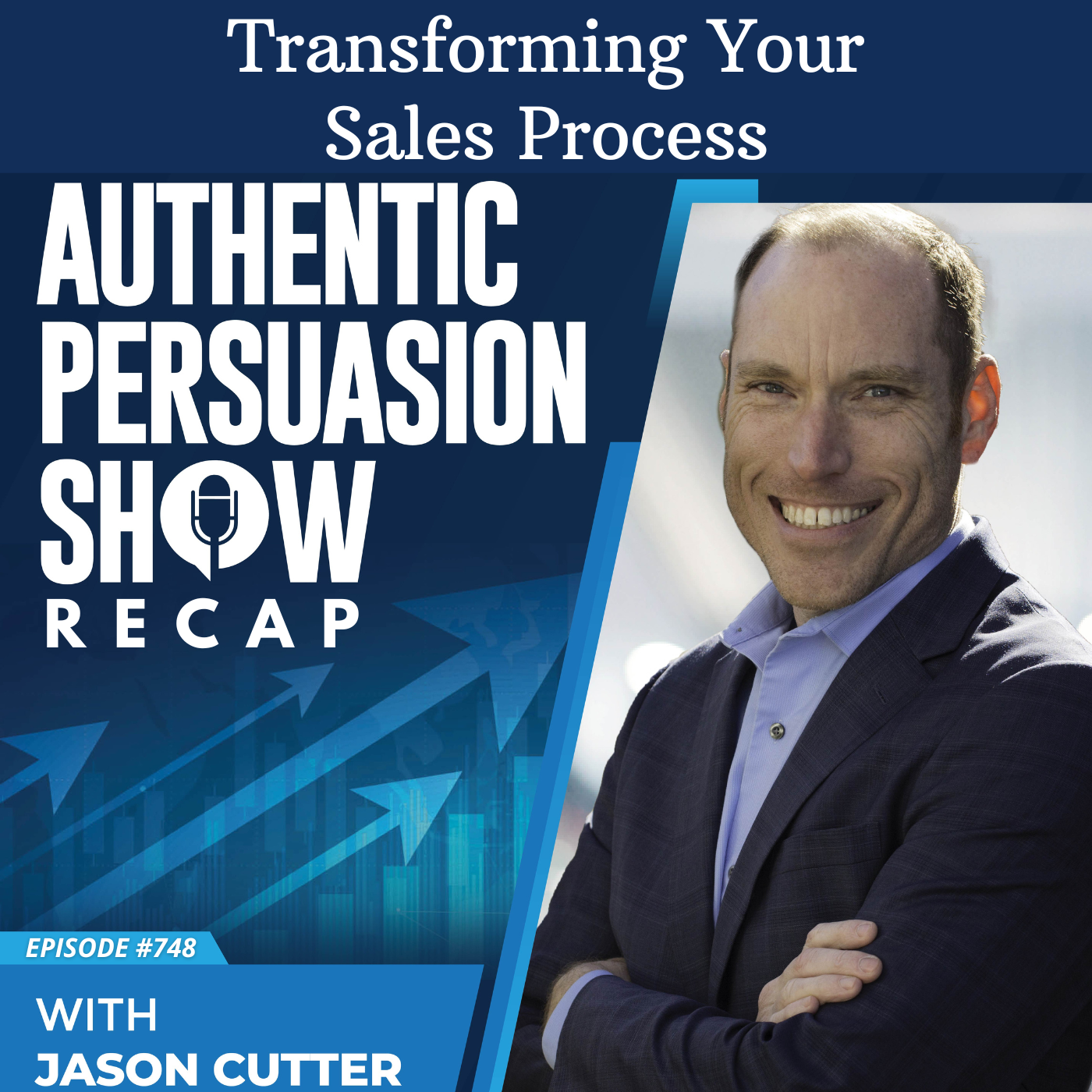
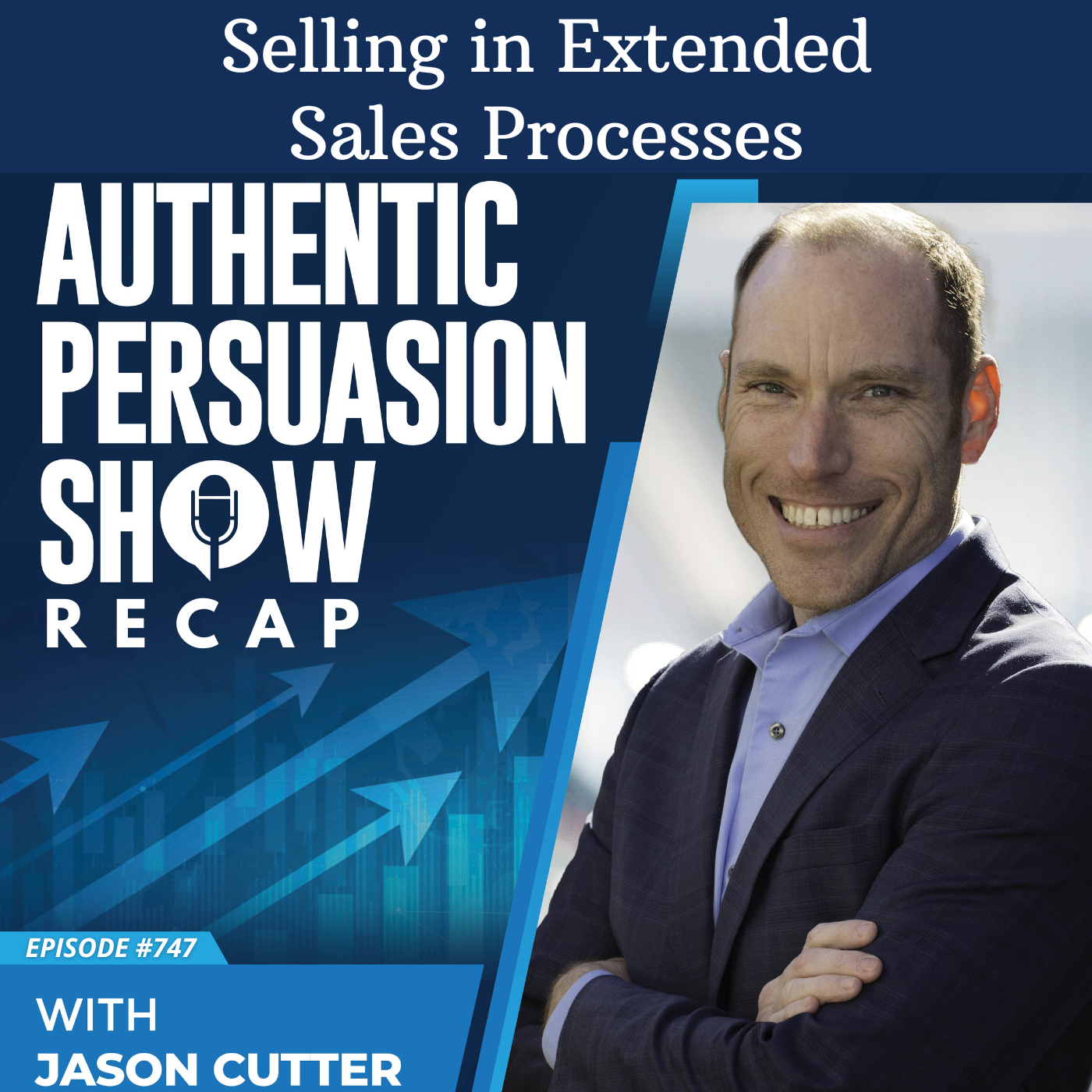
Phone: (239) 206-1919 | Email: info@sellingeffectiveness.com
Copyright © 2023 Selling Effectiveness Institute. All rights reserved.






